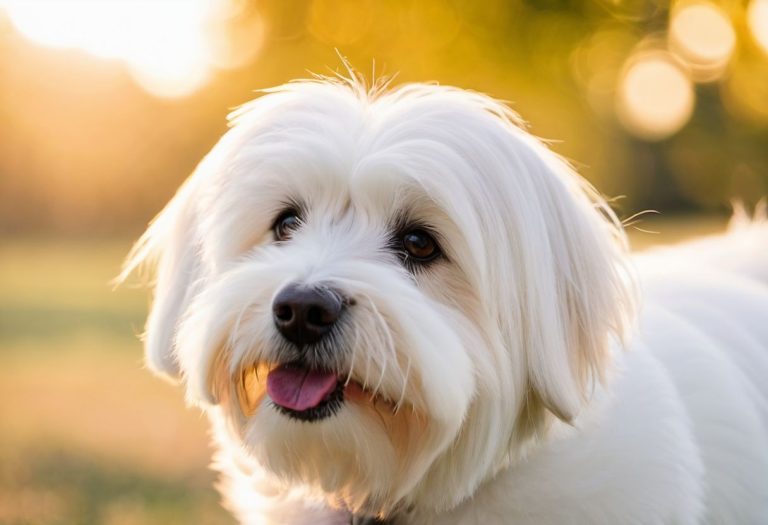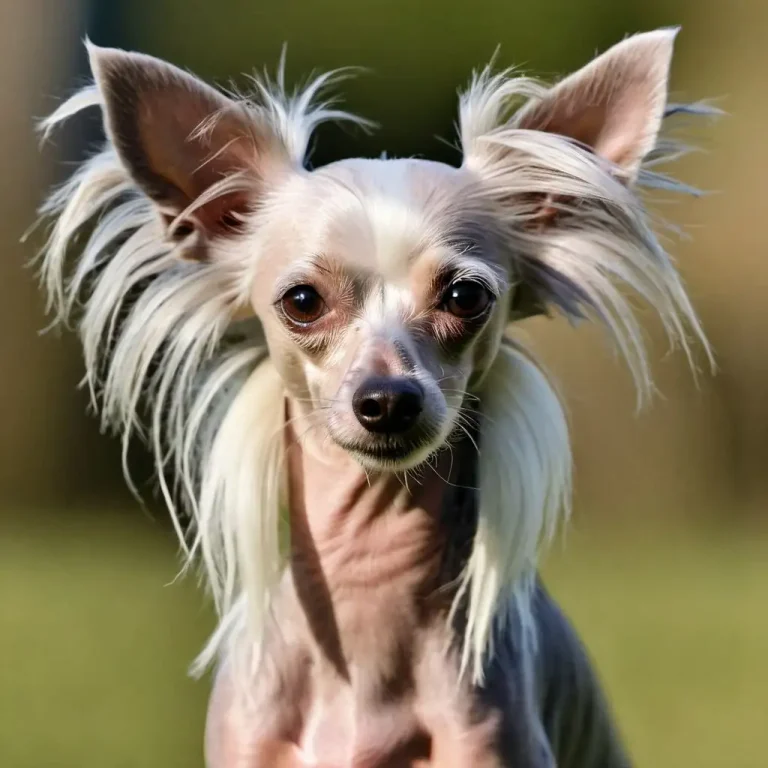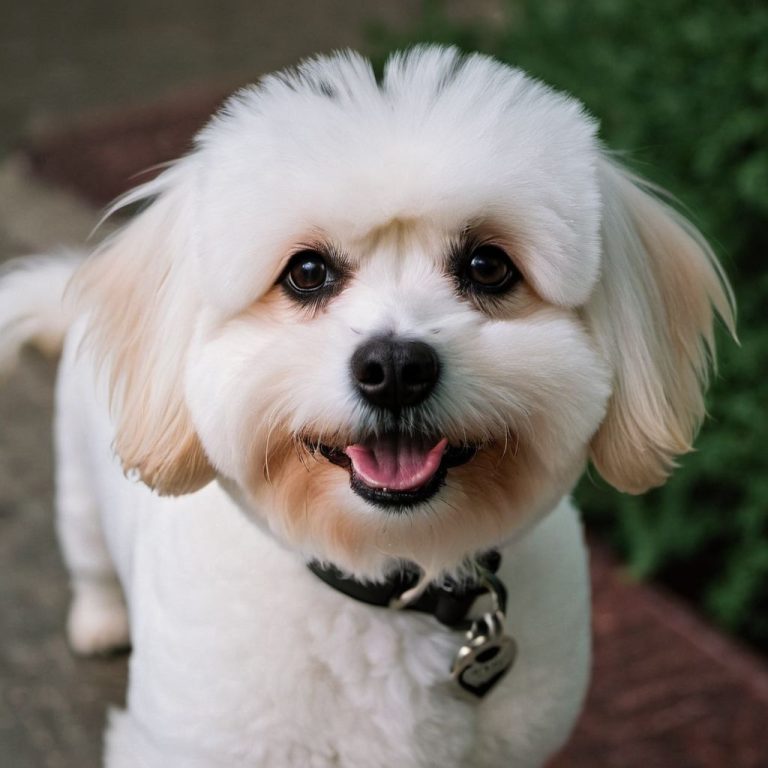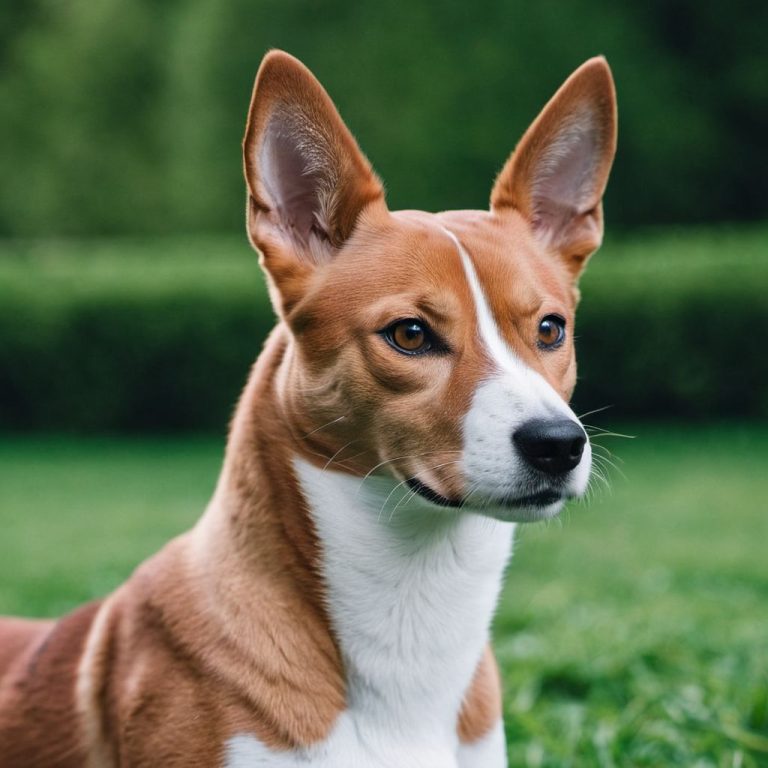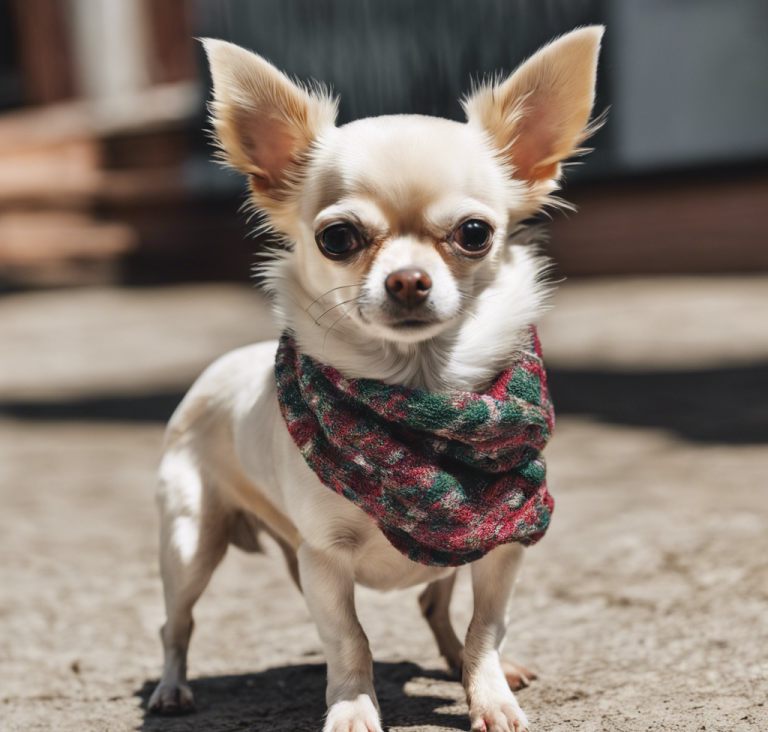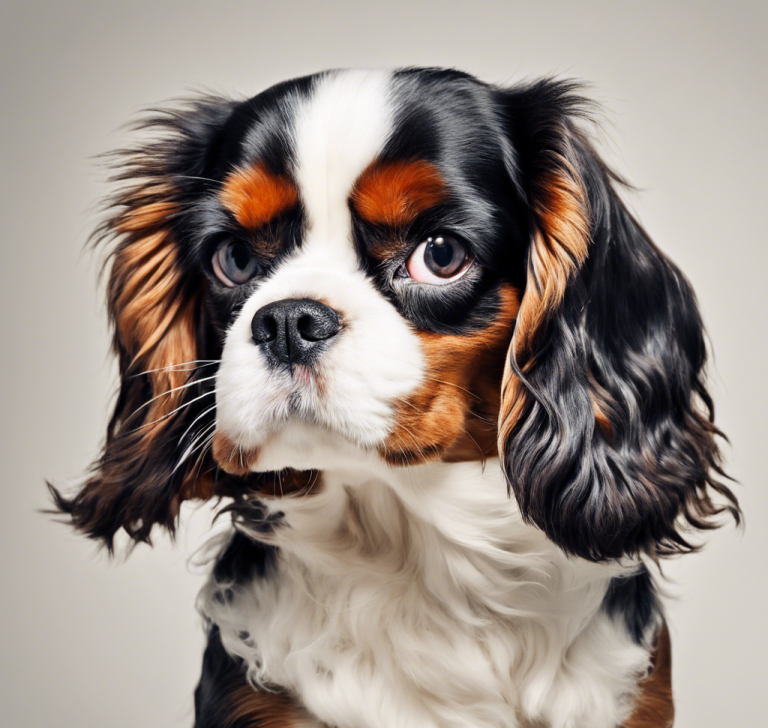ENGLISH BULLDOG: A Guide for Owners
Discover the charm of English Bulldog, a medium sized breed with a rich history. This breed is also known for its wrinkled face and sturdy build. Whether you’re seeking a loyal companion or an affectionate addition to your household, it is a great dog.
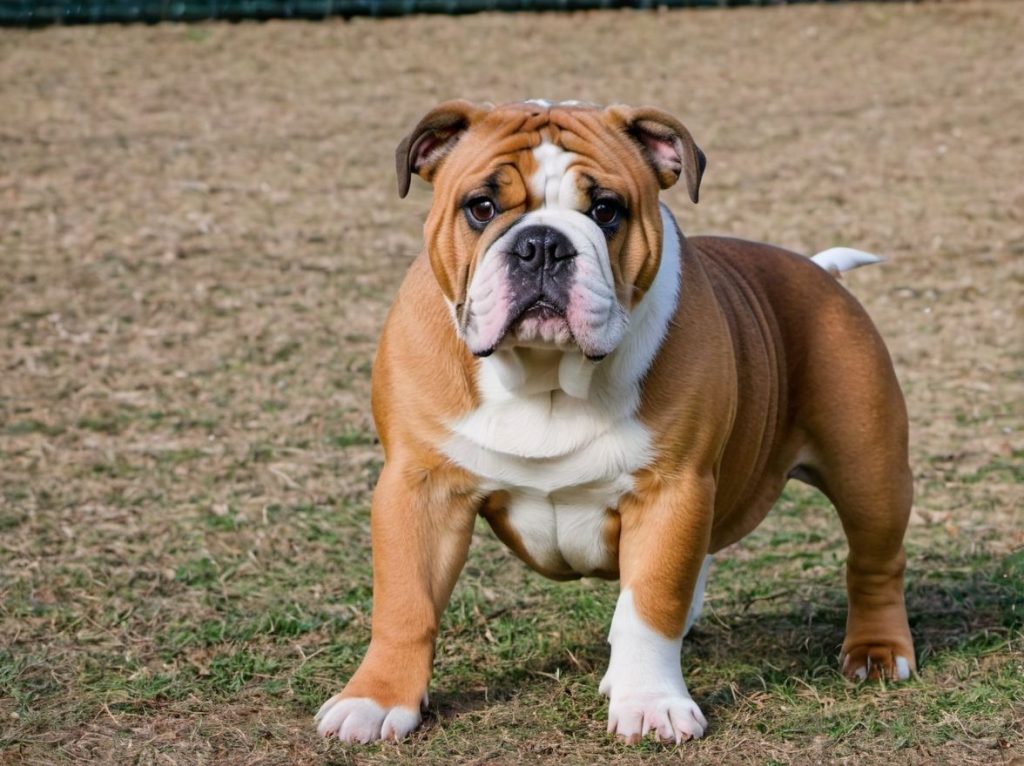
The English Bulldog, often simply referred to as the “Bulldog,” is a distinctive and beloved breed known for its wrinkled face, loose skin, and personality.
Let’s dig in to learn about their history, temperament, and care tips to welcome one into your family.
History
This Bulldog has a long history. They were originally bred in England for bull-baiting, a cruel sport where dogs would fight bulls. Over time, laws against this sport were made, and people started breeding Bulldogs to be friendly and good pets.
Today, they are known for their sturdy build and loyal nature, making them popular pets all around the world.
Appearance
This Bulldog is a dog with a strong, muscular body and a wrinkled face. They have a pushed-in nose, droopy lips, and small, folded ears. Their coat is short and smooth, and they come in various colors like white, fawn, or brindle. They have a tough and sturdy appearance with a lot of character in their face.
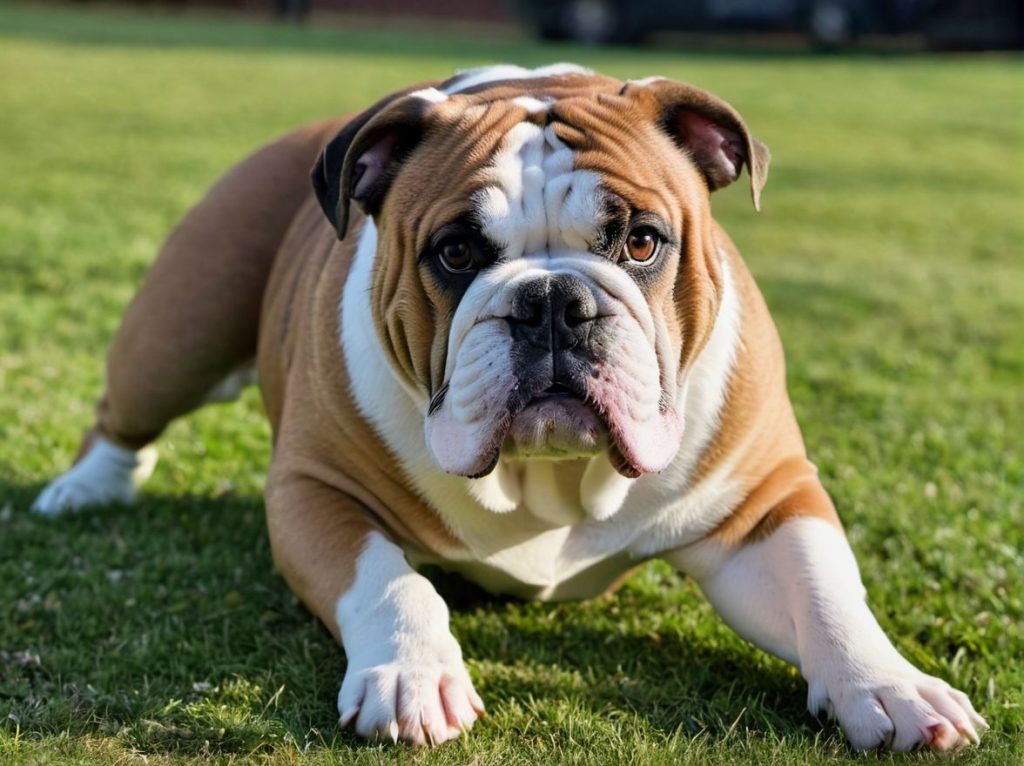
Physical Characteristics
Height
- Male 14-15 inches
- Female 12-14 inches
Weight
- Male 50-55 pounds
- Female 40-50 pounds
Coat
These bulldogs have a short and smooth coat.
Color
The main colors are:
- White
- Fawn
- Brindle
Eyes
They have round and dark eyes that are set low and wide apart on their face.
Ears
They have small and folded ears that typically hang down close to the sides of their head.
Tail
Bulldogs have a short and straight tail that may be either straight or screwed.
Lifespan
The average lifespan is around 8 to 10 years.
Temperament
These housedogs are known for their gentle and friendly nature, often described as courageous but calm. They are affectionate, loyal companions who are generally good with children and other pets. However, they can also be stubborn and independent at times, requiring patient and consistent training.
Grooming
Bulldogs have low grooming needs due to their short coat, but regular brushing can help reduce shedding and keep their skin healthy. They may require occasional bathing to keep them clean, focusing on the wrinkles on their face to prevent irritation. Additionally, trimming their nails, cleaning their ears, and brushing their teeth regularly are essential parts of their grooming routine.
Training
Training this dog requires patience, consistency, and positive reinforcement techniques. Start with basic obedience commands like sit, stay, and come, using treats and praise as rewards. Due to their stubborn nature, it’s important to be firm but gentle and avoid harsh discipline methods.
Socialization from a young age is crucial to help them become well-adjusted around other dogs and people. Keep training sessions short and engaging to maintain their interest, and always be patient as they may take longer to learn compared to other breeds.
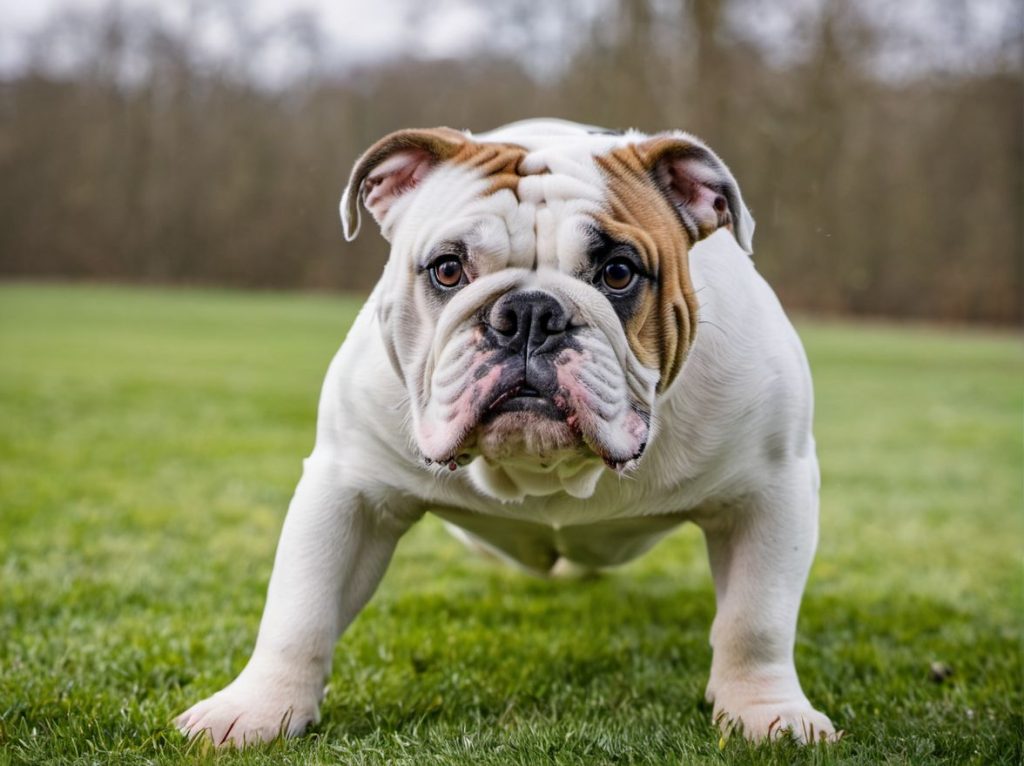
Exercise
These housedogs have moderate exercise needs due to their low energy levels and tendency to overheat. Short walks and play sessions in a cool, shaded area are ideal to prevent them from becoming exhausted or overheated. Avoid strenuous exercise, especially in hot weather, as they are prone to breathing difficulties. Engage them in interactive games indoors to keep them mentally stimulated, and monitor their activity to prevent obesity, which can exacerbate health issues.
Nutrition
Nutrition is crucial for English Bulldogs to maintain a healthy weight and prevent health issues such as obesity and joint problems. Feed them a high-quality, balanced diet formulated specifically for their age, size, and activity level. Approach for a diet that contains real meat as the primary ingredient and avoids fillers and artificial additives. Monitor their food intake and avoid overfeeding, as Bulldogs have a tendency to gain weight easily. Additionally, provide fresh water at all times, and consider feeding smaller, more frequent meals to prevent bloating, a common issue in the breed.
Health Concerns
They are prone to several health concerns due to their distinctive physical features and genetic predispositions. Some common health issues may include:
Brachycephalic Syndrome
Bulldogs have flat faces, which can lead to breathing difficulties, such as snoring, snorting, and difficulty breathing, especially in hot or humid weather.
Hip Dysplasia
This is a hereditary condition where the hip joint doesn’t develop properly, leading to arthritis and lameness.
Cherry Eye
It is a protrusion of the third eyelid gland, causing a red mass to appear in the corner of the eye.
Skin Fold Dermatitis
The wrinkles on their face and body can trap moisture and bacteria, leading to skin infections.
Patellar Luxation
This is a condition where the kneecap dislocates from its normal position, causing lameness and pain.
Allergies
Housedogs can be prone to allergies, which can manifest as skin irritation, itching, and ear infections.
Obesity
Bulldogs have a tendency to gain weight easily, which can exacerbate other health issues and put strain on their joints.
Bottom Line
English Bulldog is a gentle and affectionate breed known for its unique appearance and friendly personality. They make excellent family pets for those who appreciate their relaxed and easygoing nature, and their distinctive look often draws admirers from all around.
FAQs (Frequently Asked Questions)
Q: Are English Bulldogs good with children?
Yes, English Bulldogs are known for their gentle and friendly nature, making them great companions for children.
Q: Do Bulldogs shed a lot?
Bulldogs have a short, smooth coat that sheds moderately. Regular brushing can help manage shedding.
Q: Are English Bulldogs good guard dogs?
While English Bulldogs may alert their owners to strangers, they are generally not aggressive guard dogs due to their friendly nature.
Q: Do these dogs need special care in hot weather?
Yes, these dogs are prone to overheating due to their brachycephalic (flat-faced) anatomy, so they should be kept cool and hydrated in hot weather.
Q: Are they aggressive?
They are not typically aggressive but may exhibit protective behavior if they sense a threat to their family.
Q: Are English Bulldogs expensive to own?
English Bulldogs can be expensive to own due to potential health care costs, including vet visits, medications, and specialized diet.
Q: Are English Bulldogs good for allergy sufferers?
While no dog breed is completely hypoallergenic, some people with allergies may tolerate English Bulldogs better due to their short coat and minimal shedding.
Q: Can English Bulldogs swim?
English Bulldogs are not natural swimmers due to their body structure, and they may struggle in the water. Supervision is essential if they are near water.
Q: Do these housedogs require a lot of space?
Housedogs do not require a lot of space and can adapt well to smaller living environments as long as they have access to outdoor exercise and play areas.

